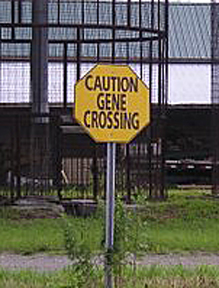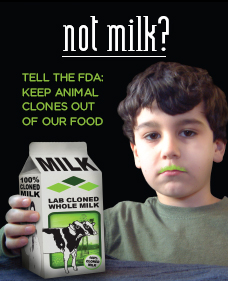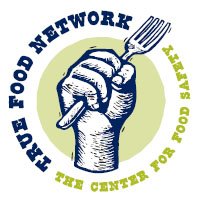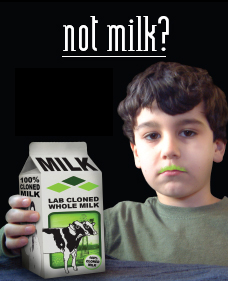 Bill Passes by an Overwhelming Majority of 79 to 14;Coalition of Consumer, Farmer, and Animal Welfare Groups Praise the Senate’s Action
Bill Passes by an Overwhelming Majority of 79 to 14;Coalition of Consumer, Farmer, and Animal Welfare Groups Praise the Senate’s ActionWashington, DC December 14, 2007 – A broad coalition of consumer, farmer, and animal welfare organizations today applauded passage of a provision in the Senate’s Farm Bill (H.R. 2419) that would delay the Food and Drug Administration’s (FDA) endorsement of the use of food from cloned animals. This amendment, advanced by Senator Barbara A. Mikulski (D-Md.) and co-sponsored by Senator Arlen Specter (R-Pa.), calls for a rigorous and careful review of the human health and economic impacts of bringing cloned food into America’s food supply. The senate overwhelmingly passed the bill this afternoon by a vote of 79 to 14.
“The passage of this bill with the Mikulski-Specter amendment is like a gift for the holidays,” said Joseph Mendelson, Legal Director of the Center for Food Safety. “The FDA’s flawed and cavalier approach to cloned food and its potential impacts called for a truly rigorous scientific assessment. At a time when the FDA has repeatedly failed the public, this amendment will ensure that the American consumer is considered before any special interest.”
The amendment requires that two rigorous studies be performed before the FDA is able to issue a final decision on food from clones. The amendment directs the National Academy of Sciences (NAS) to convene a blue-ribbon panel of leading scientists to review the FDA’s initial decision that food from cloned animals is safe. The amendment further requires the NAS to study the potential health impacts of cloned foods entering the nation’s food supply, including the possible effects of lessened milk consumption (due to consumer avoidance of cloned food) leading to development of chronic diseases as a result. The bill also directs the United States Department of Agriculture (USDA) to examine consumer acceptance of cloned foods and the likely impacts they could have on domestic and international markets.
“The FDA risk assessment ignored the fact that most clones never make it to adulthood because they die in gestation or shortly after birth, and also failed to consider whether clones might need more drug treatments,” said Dr. Michael Hansen, Senior Scientist, Consumers Union. “We agree with the Senate that the NAS should take another look at the safety questions.”
During a public comment period that ended earlier this year, the FDA heard from more than 150,000 consumers rejecting the Agency’s proposed plan to introduce clones into the U.S. food supply. In addition, dozens of members of the meat and dairy industries and nonprofit organizations urged the FDA to consider comments from the widest possible sample of Americans in consideration of the untested nature of cloning technology.
“Animal protection advocates support scientific advancement, but cloning lacks any legitimate social value and decreases animal welfare in a dramatic way,” said Wayne Pacelle, president and CEO of The Humane Society of the United States. “Today, the U.S. Senate slowed down the application of this bad idea, and we hope the House follows its lead.”
“Polls have repeatedly shown that consumers are wary of food from cloned animals,” said Chris Waldrop, Director of the Food Policy Institute at the Consumer Federation of America. “We need a much more comprehensive assessment of the potential implications of allowing food from cloned animals into the food supply. The Mikulski-Specter amendment would assure that these important issues are thoroughly reviewed before FDA is allowed to issue its final risk assessment.”
Passage of this bill with the Mikulski-Specter amendment comes at a time when the public’s opposition to food from clones has never been higher. A national survey conducted this year by Consumers Union found that 89 percent of Americans want to see cloned foods labeled, while 69 percent said that they have concerns about cloned meat and dairy products in the food supply. A recent Gallup Poll reported that more than 60 percent of Americans believe that it is immoral to clone animals, while the Pew Initiative on Food and Biotechnology found that a similar percentage say that, despite FDA approval, they won’t buy milk from cloned animals.
“The surveys show that the public is morally opposed to cloning. Animals suffer terribly in the cloning process, and the FDA has ignored these issues,” said Tracie Letterman, Executive Director of the American Anti-Vivisection Society. “This amendment will allow these discussions to take place.”
“With the public increasingly concerned about the treatment of farm animals,” said Julie Janovsky, Campaign Director for Farm Sanctuary, “the Mikulski- Specter amendment acknowledges the fact that cloning may lead to even harsher conditions for animals used to produce food”.
In its risk assessment of cloned food, the FDA claims to have evaluated extensive peer reviewed safety studies to support its conclusion, yet a recent report issued by the Center for Food Safety, Not Ready for Prime Time, shows the assessment only references three peer-reviewed food safety studies, all of which focus on the narrow issue of milk from cloned cows. What is even more disturbing is that these studies were partially funded by the same biotech firms that produce clones for profit. None of the studies focus on the safety of meat from cloned cows or pigs, or milk or meat from the offspring of cloned animals, and there was absolutely no data on milk or meat from cloned goats – all major issues critical to determining the safety of the proposal.

 Groups to Introduce Similar Cloned Food Labeling Bill Next Legislative Session
Groups to Introduce Similar Cloned Food Labeling Bill Next Legislative Session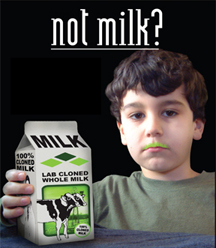

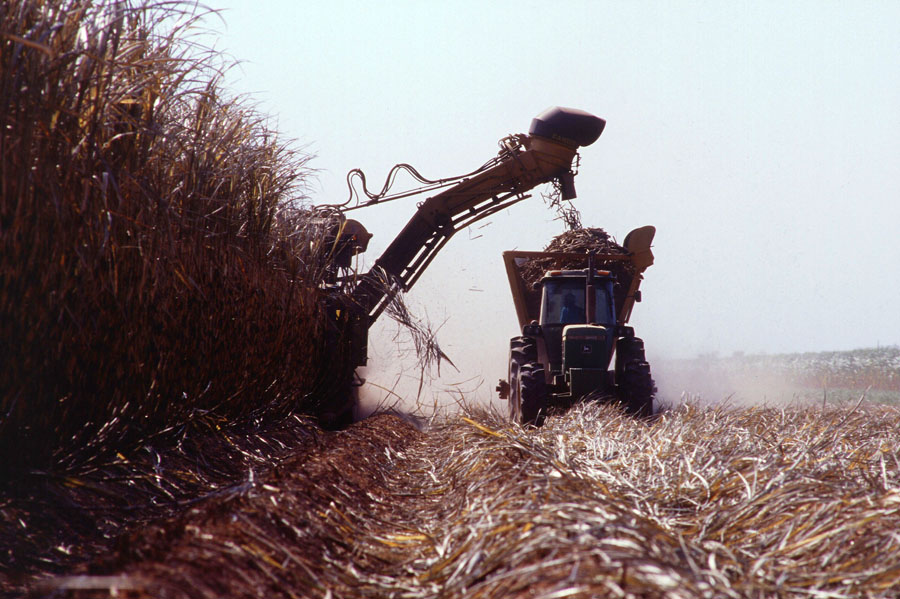
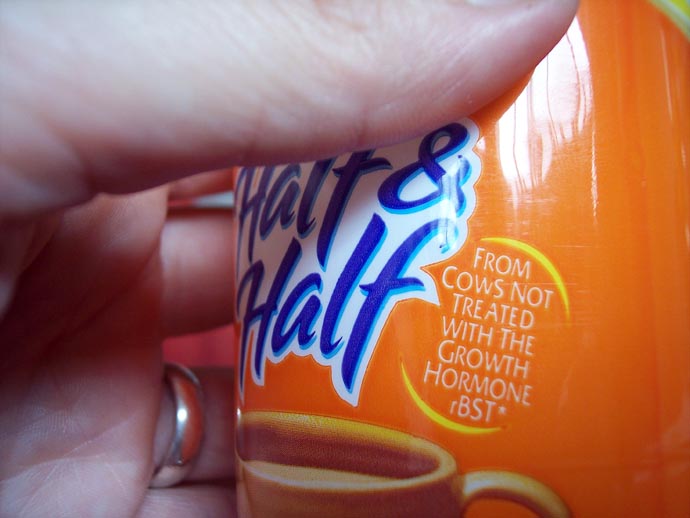
 What if the Food and Drug Administration (FDA) proposed a rule that would intentionally hide information you rely on to make decisions about what to feed yourself and your family?
What if the Food and Drug Administration (FDA) proposed a rule that would intentionally hide information you rely on to make decisions about what to feed yourself and your family?
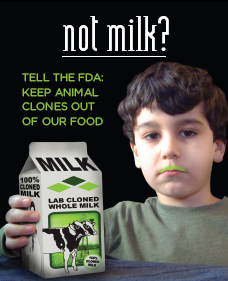 The FDA announced today that after several requests, they will grant a 30-day extension on the public comment period to respond to the Agency's draft assessment on allowing food products from cloned animals and their offspring into the food supply unlabeled. FDA has already received several thousand public comments on the proposal and we expect this extension to generate several thousand more.
The FDA announced today that after several requests, they will grant a 30-day extension on the public comment period to respond to the Agency's draft assessment on allowing food products from cloned animals and their offspring into the food supply unlabeled. FDA has already received several thousand public comments on the proposal and we expect this extension to generate several thousand more.

